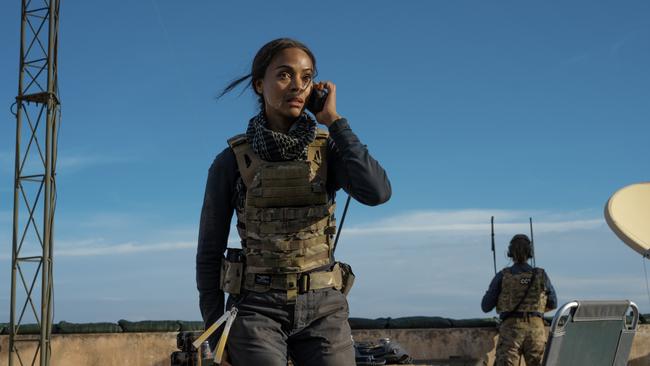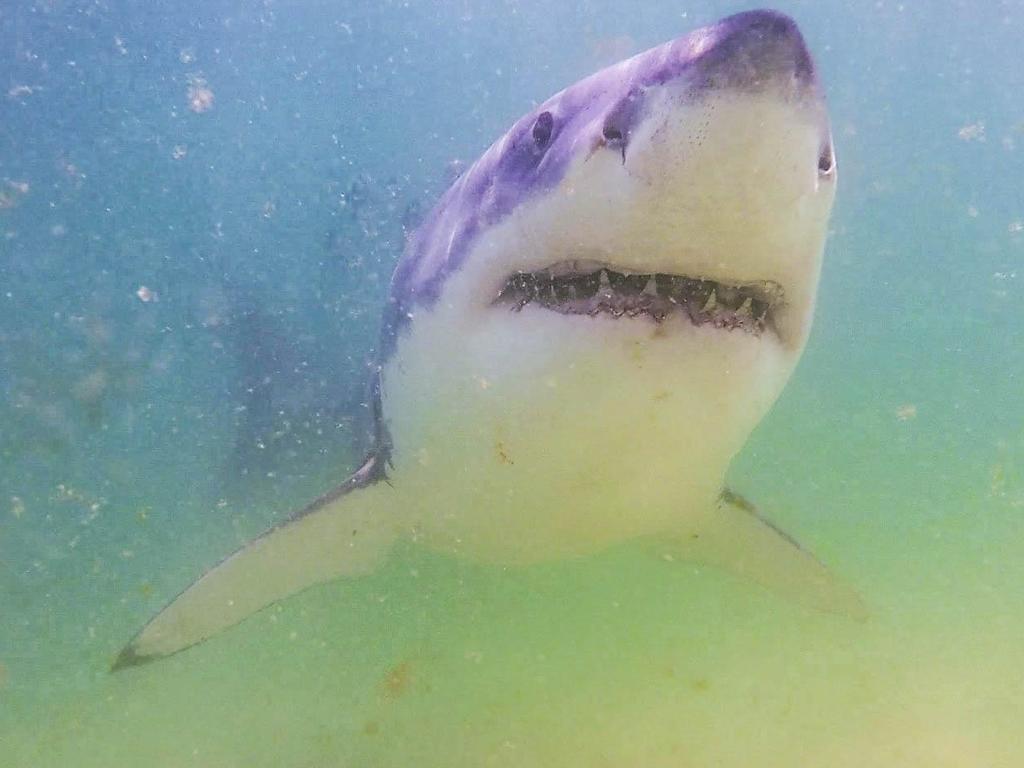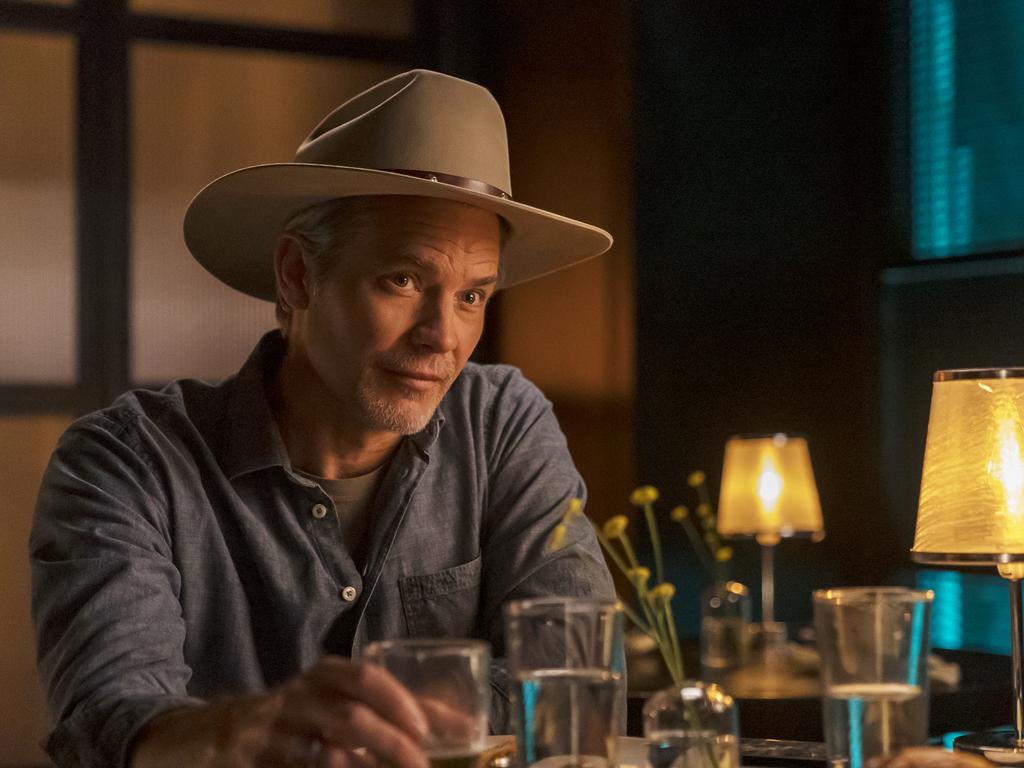Special Ops: Lioness, controversial action drama hits its target
Taylor Sheridan’s military thriller sees a covert CIA operation use women to infiltrate a terrorist’s social circle in Afghanistan.

While he’s the most successful writer and producer in TV today, Taylor Sheridan, is still disdained, often vilified in fact by the critical intelligentsia; progressive critics largely loathe him.
Sheridan is the Academy Award-nominated screenwriter of the 2016 neo-western Hell or High Water, movies Sicario, and Wind River, and Paramount’s Tulsa King, and Mayor of Kingstown. And, of course, not only the hugely successful neo-western Yellowstone but its three prequel shows 1883, 1923 and the upcoming 6666. All of which have received mixed to outright hostile critical coverage.
If, so far, you have never seen Yellowstone, it’s an epic contemporary western about a group of self-made pioneers called the Duttons on the edge of an Edenic wilderness set on their massive ranch, backdropped by the razored peaks of Montana’s Bitterroot Valley. Among other things. It’s about the way the elevating inspiration of the vastness of nature together with the challenge of violent situations and lawless men can led to a kind of rebirth of heroic individual morality.
It’s attacked for its “guns, horses and Stetsons” approach to storytelling, it’s overt descriptions of lawlessness, violence and immorality, its traditional masculine values and a kind of overarching melodramatic intensity.
The critics accuse Sheridan of creating shows that celebrate “the unbridled capitalism, opportunism and antagonism emblematic of modern Republicans”. Though Sheridan was amused by a supposed right-wing backlash to his shows after Yellowstone was declared “too woke”, he says in a rare recent interview in The Hollywood Reporter.
This was after the show introduced an animal-rights activist character and 1923 featured an unexpected and lacerating introduction to the US government’s mission at the time to restructure Indians’ minds and personalities by severing children’s physical, cultural, and spiritual connections to their tribes. His exploration of the historical abuse of Indigenous people was hysterically attacked on social media. He says he didn’t see the hostile reactions since he avoids it. “Let ’em hate,” he said in the story.
So Sheridan shrugs it off in the few interviews he gives, obviously too busy for the press and responsible for a TV empire that includes a couple of those highly successful prequels and a handful of new Paramount shows.
“They refer to it as ‘the conservative show’ or ‘the Republican show’ or ‘the red-state Game of Thrones’,” he says of the critical response to Yellowstone. “And I just sit back laughing. I’m like, ‘Really?’ The show’s talking about the displacement of Native Americans and the way Native American women were treated and about corporate greed and the gentrification of the West, and land-grabbing. That’s a red-state show?”
A one-time character actor, who once turned up in procedural dramas like NYPD Blue and Walker, Texas Ranger, as well as filling a recurring role in biker drama Sons of Anarchy, Sheridan’s stated intention is to deliver “responsible storytelling” to his increasingly massive international audience.
And to do it his way, exhibiting no interest in the so-called “writers’ room” concept that dominates so much TV, where script writers sit around a long table pitching, brainstorming, and workshopping ideas while breaking down scripts for episodes of shows.
“I spent the first 37 years of my life compromising,” Sheridan says. “When I quit acting, I decided that I am going to tell my stories my way, period. If you don’t want me to tell them, fine. Give them back and I’ll find someone who does – or I won’t, and then I’ll read them in some freaking dinner theatre. But I won’t compromise. There is no compromising.”
Sheridan’s latest is Paramount’s Special Ops: Lioness, a military thriller starring mesmerising Zoe Saldana as a CIA operative running a clandestine anti-terrorist program, and Laysla De Oliveira, just as spellbinding, as a Force Recon Marine and rookie operative. Inevitably, it was also pilloried on its recent release. Critics again loathed it.
They called it “an unabashed work of military propaganda”, said that it weaponised “women’s liberation in service of the military industrial complex”, and was a show featuring “lots of talented people wasting their time on second-rate material targeted directly at red-state viewers.” The Guardian’s reliable Lucy Mangan was slightly kinder. “This is Top Gun, but without planes,” she said. “Mission Impossible, but with girls.”
Predictably, the show’s debut was a huge success. It was the most-watched global premiere on Paramount+ in its first 24 hours, surpassing the previous record set by Yellowstone.
And if you can put your political prejudices aside and give Special Ops: Lioness a go, it’s reasonably enjoyable with excellent performance from its leading women and an impressive budget. (Oscar-winning actors Nicole Kidman, an executive producer, and Morgan Freeman also appear in supporting roles.)
The first episode “Sacrificial Soldiers” is written by Sheridan, who writes everything he creates, again to the chagrin of critics, and directed by John Hillcoat (The Road), who obviously enjoys filming explosions and helicopters in the desert.
The concept is to some extent based on real events, a rare example of the way the Marine Corps, while accepting fewer women into the ranks than other branches of the US military, doesn’t hesitate to enlist women, proficient in marksmanship and detainee handling, when missions require specialised gender roles to be filled.
In the early 2000s, teams of specialised women - actually called Task Force Lioness - were created to identify and moderate issues created by insurgents in Afghanistan by primarily searching females. Easy prey, Afghan women, not allowed to fraternise with men outside their families, were used to smuggle goods for terrorist activities.
The series picks up viscerally at a forward command post in Syria at the height of the War on Terror, after 9/11, where Saldana’s Joe is heading up a covert CIA Lioness operation trying to retrieve her undercover female operative out of a terrorist compound. Her heavily armed contingent, hunkered down behind sandbags, is apprehensive, Bobby (Jill Wagner) and Two Cups (James Jordan), keeping sniper rifle sights trained on an element of insurgent fighters, aware that action is brewing.
Joe communicates with her subject by phone as her cover is blown, someone glimpsing a Christian tattoo on her body. All hell breaks loose, Joe’s troops engage, the only sound a deafening staccato hammering, still hoping to rescue their asset but it’s too late. She calls in a missile strike, her operative still inside.
“She was dead either way,” Joe tells her superior, Byron Westfield (Michael Kelly), in a later debrief. “I chose to protect my team and the sanctity of our operation.”
Soon after, De Oliveira’s Cruz Manuelos turns up in the narrative, crashing through the doors of a recruitment office while running from her domestic abuser. “The problem’s between me and her,” the bad guy protests to the huge officer looming over him. “Not anymore. Now it’s between you and the United States Marines.” (Like several other over-the-top moments of awkward jingoism, the sequence functions as a kind of comic relief.)
Soon Cruz, a born “door kicker”, tough and resolute, who happens to speak Arabic and is of mixed Syrian/Mexican heritage, is trained up through tours of Afghanistan and is inducted by Joe as a covert agent. “What we do now is locate the wives and the girlfriends and daughters of these high-value targets, and we place an operative close to them.” Joe tells her. “The operative makes friends with them, earns their trust, leads us to the target, and we kill the target.”
And she is soon inserted into her first undercover operation, carefully monitored by Joe and her hard-nosed team.
It’s well realised by Hillcoat and his experienced cinematographer Paul Cameron, who create a memorable kinetic language for the series from the opening with a battle sequence that celebrates the sheer profligacy of gunfire.
Cameron, who often worked with the late Tony Scott on movies like Man on Fire, and Deja Vu, is legendary for his use of unorthodox angles or alternating focal lengths in a manner that might seem counterintuitive. And here he creates a kind of immersive style that makes the viewer feel like a participant in some hectic action.
Special Ops: Lioness streaming on Paramount+.






To join the conversation, please log in. Don't have an account? Register
Join the conversation, you are commenting as Logout